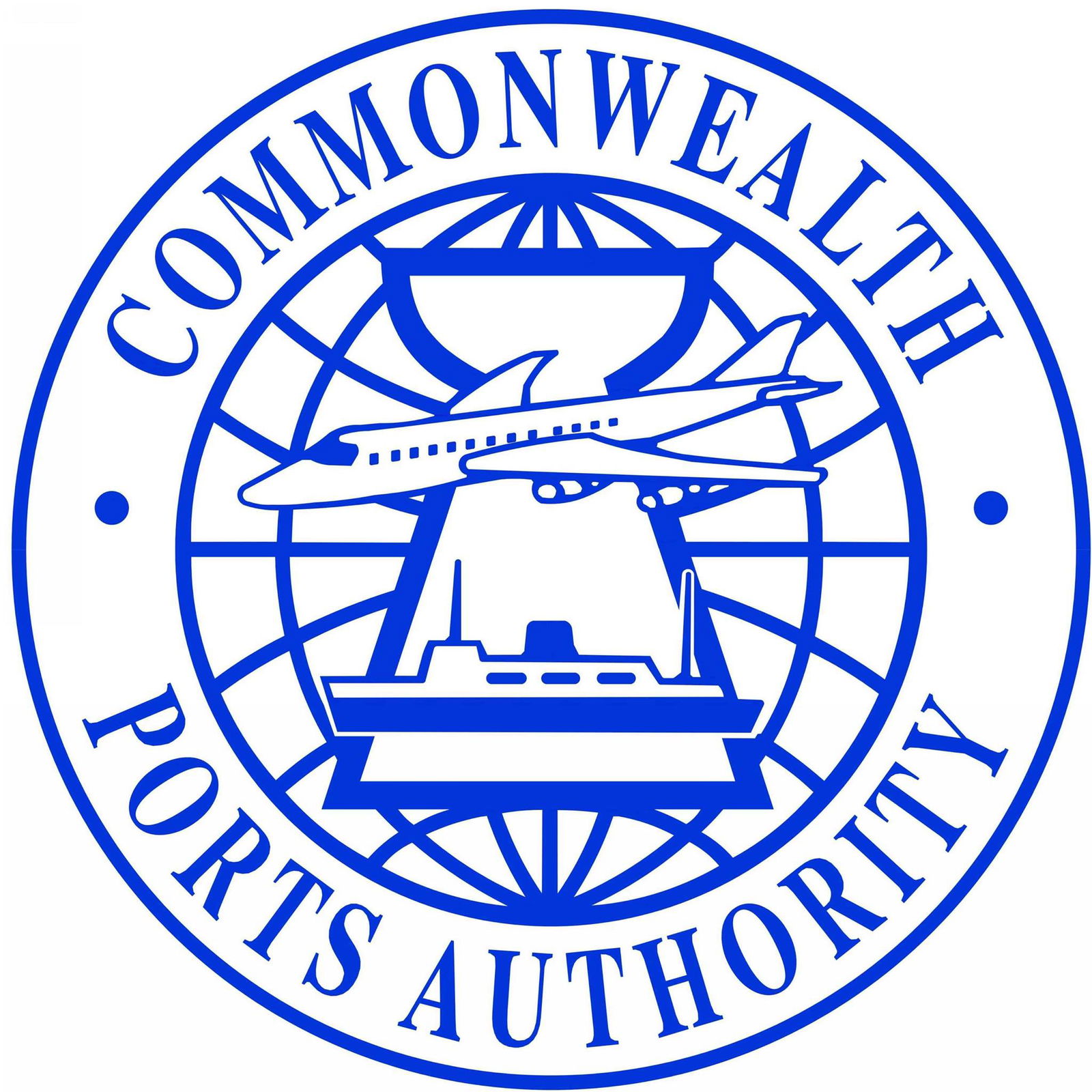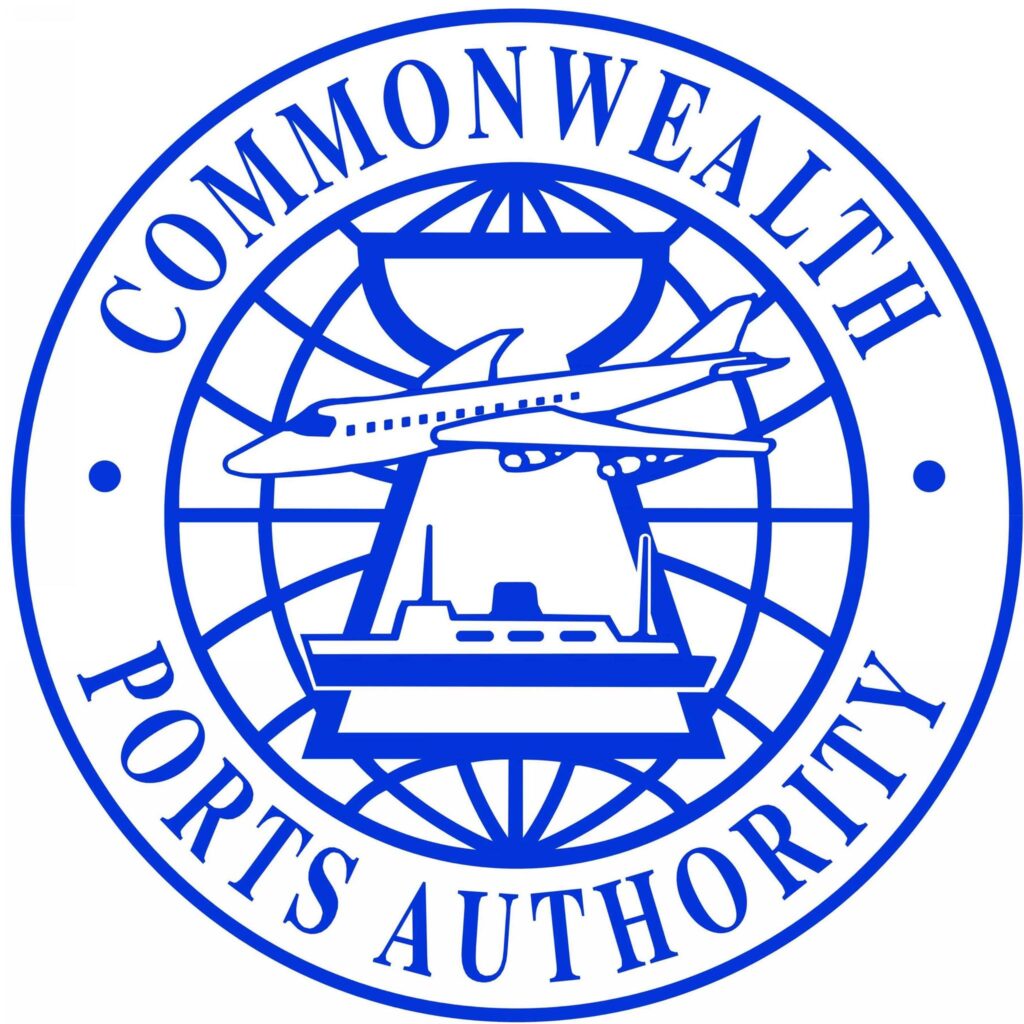
THE Office of the Attorney General on Thursday advised the Commonwealth Ports Authority that if it wants to offer airlines discounts on land and terminal fees, “it may do so by written agreement” but will still need to satisfy CPA’s obligations under a bond agreement.
Although CPA has yet to finalize its decision, the agency on March 22, 2024 agreed to give airlines a 50% discount on landing and terminal fees.
In his letter to the CPA board of directors on May 30, 2024, Assistant Attorney General Gregory Cenac said CPA can offer airlines a discount and comply with the bond agreement at the same time, and these can be done in two ways:
1) CPA could redeem the bond agreement by paying the remaining balance and outstanding interest, thereby relieving CPA of its obligations; or
2) CPA could compensate for the missing revenue by revising its methods of operation based on the recommendations of an independent aviation consultant, Ricondo & Associates Inc.
The amount of CPA’s obligations was not mentioned.
Cenac said under both options, CPA must ensure that it will remain in compliance with the federal grant assurances to the Federal Aviation Administration. Specifically, CPA must maintain a fee and rental structure for the facilities and services at the Francisco C. Ada/Saipan International Airport, “which will make the airport as self-sustaining as possible under the circumstances existing at the particular airport, taking into account such factors as the volume of traffic and economy of collection.”
Additionally, Cenac said, each fixed-based aircraft operator must be subject to the same rates, fees, rentals and other charges as are uniformly applicable to all other fixed-based operators making the same or similar uses of such airport and utilizing the same or similar facilities. In other words, Cenac said, “CPA may not discriminate against specific aircraft operators when offering the discounted land fees.”
Cenac noted that two years ago CPA had fallen below the debt service ratio requirement under the 1998 airport bond agreement. Therefore, CPA was required to employ an independent consultant to make recommendations in revising rates, fees and charges or the methods of airport operations. Also, the bond agreement required CPA to revise its rates, fees and charges.
On July 28, 2022, the CPA board changed the rate methodology for aircraft operators. This change was made pursuant to the recommendations of Ricondo & Associates Inc., which advised the board that the debt service ratio requirement of 1.25 would not be met unless additional revenue is generated or expenditures are reduced.
The assistant AG said CPA must charge the airlines the rates as calculated under the updated rate methodology “while it remains beholden to the obligations imposed by the bond agreement, which restricts CPA from reducing its rates, fees and charges below those in effect, if doing so causes CPA to fall below the debt service requirement.”
Two weeks ago, CPA Executive Director Leo B. Tudela said they had come up with a “formula” in response to the administration’s request to give airlines “some sort of relief” in dealing with the increasing cost of operations. Part of the formula, he said, was to offer airlines the old rates for the services rendered to them from Oct. 1, 2023 to Dec. 31, 2023, which was the first quarter of fiscal year 2024. Then, from Jan. 1, 2024 to March 31, 2024, the airlines would get a 50% discount on the new rates.
But Cenac said pursuant to the regulations, airlines must pay monthly to CPA the applicable landing fee for revenue landings for the preceding month upon receipt of invoice from CPA. The regulations, he added, do not permit landing fees already invoiced to be retroactively changed. However, if the aircraft operator has a written agreement with CPA to pay a discounted rate before being invoiced, then they could qualify for the exemption, he said.
Cenac said delaying invoices until after either the bond agreement is redeemed or CPA’s methods or operation are revised, “could create a period in which CPA falls below debt service requirement of the bond agreement, and/or fails to remain self-sustaining, in which case CPA could be acting in violation of the bond agreement and/or its grant assurances to the FAA.”
“Therefore, I do not recommend that CPA delay issuing invoices without first ensuring that it is financially able to do so,” the assistant AG said.











